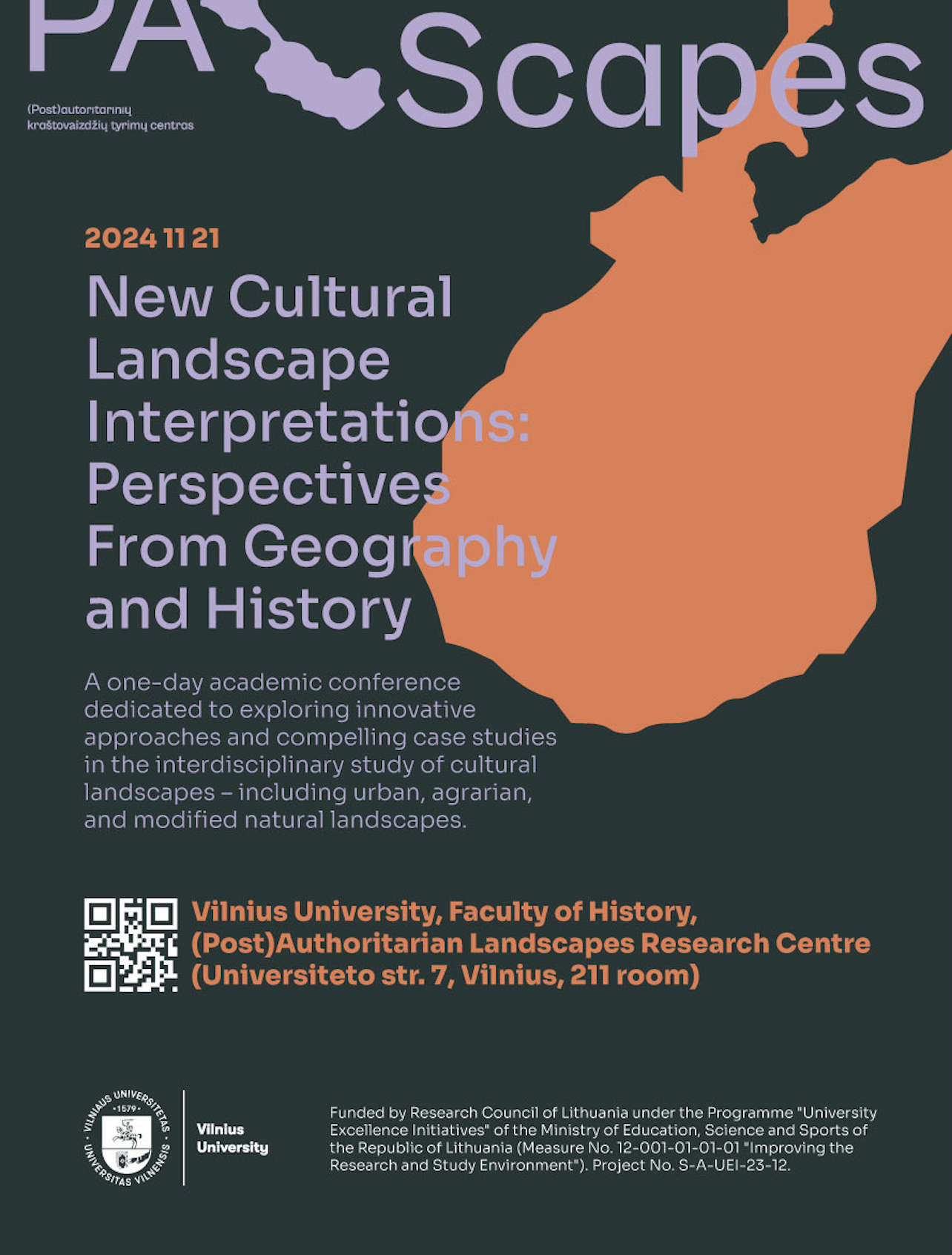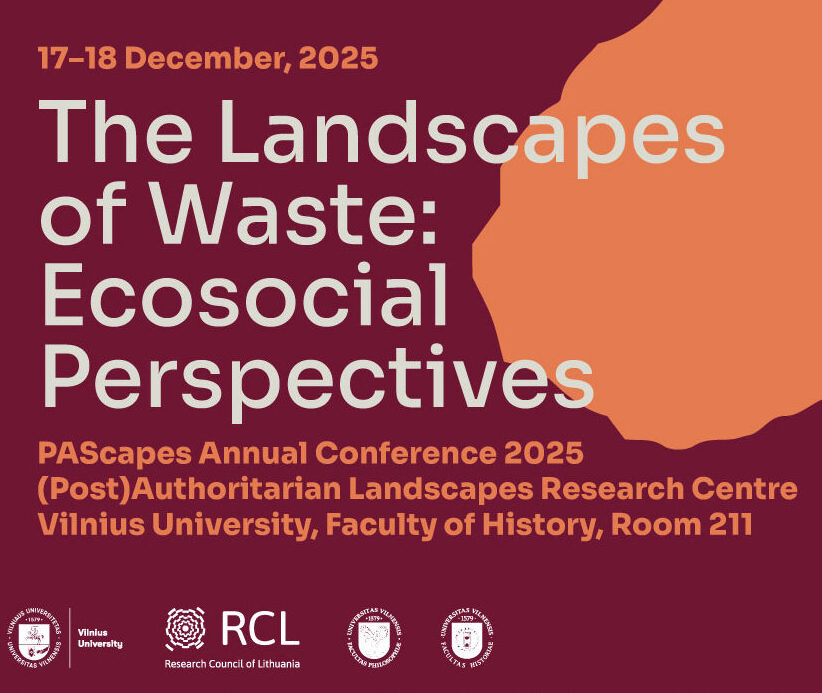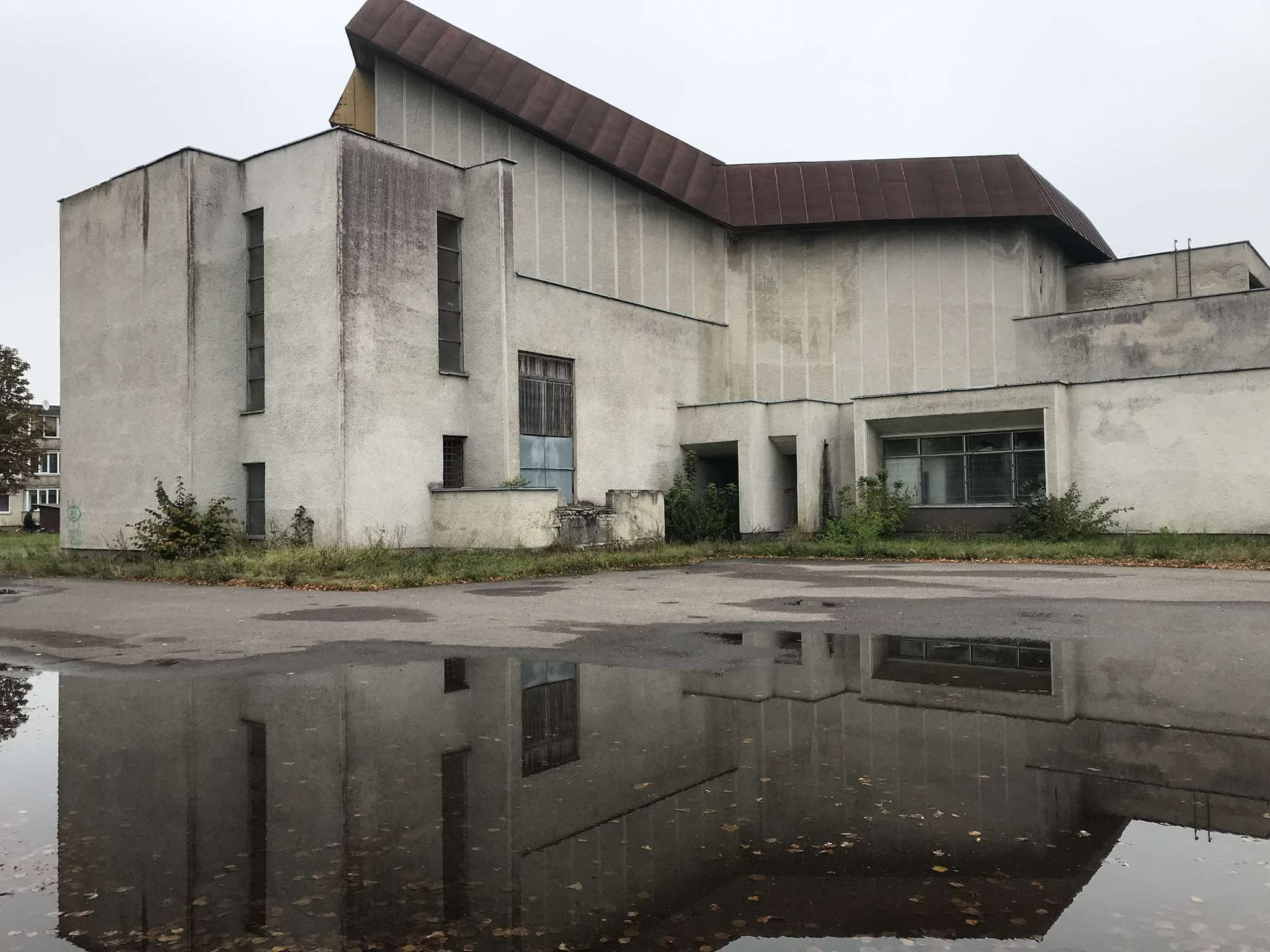PAScapes invites to a public lecture by Johannes Neurath (Universidad Nacional Autónoma de México, Museo Nacional de Antropología) titled “Wixárika Walking in the Footsteps of the Ancestors as Ecology“.
On 11 June, at 17:00, we invite you to a lecture by dr. Johannes Neurath (Universidad Nacional Autónoma de México, Museo Nacional de Antropología), organised by PAScapes, on the topic “Wixárika Walking in the Footsteps of the Ancestors as Ecology“. The lecture will take place at the Faculty of Philosophy, Vilnius University, Room 209 (Universiteto str. 9, Vilnius).
Abstract:
Over the past few decades, the Wixaritari or Huichol people of western Mexico have been protagonists of important ecological conflicts, some of which have received extensive media coverage. Even though the semi-authoritarian neoliberal political system that domineted Mexico during most of that time has not been favourable of Indigenous rights, the Wixárika have usually achieved their objectives, like stopping the construction of highways, hydroelectric dams, and hotels. In 2012 they even prevented the opening of silver mines run by transnational companies.
In this lecture I want to focus on analyzing how non-indigenous ecologists, activists, and allies of the Wixaritari could benefit from a better understanding of Wixárika ecology and cosmopolitics, not only in order to aquire a better anthropological understanding of certain Native American theories and practices, but in order to improve our own efforts to construct more viable modes of relationsship between the beings living together in the Earth’s biosphere.
For the Wixaritari, any political practice begins with the defense of autonomy and indigenous rights. They do not seek “to save the planet”, but to build and rebuild their own Animist or Multinaturalist world. They make an effort to improve the organization of their community and defend the conditions necessary to continually invent and create the world. They intensify the practices of yeiyari, or so-called “custom.” It is a complex of practices that can be translated as “walking in the footsteps of the ancestors,” and which consists, among other things, in transforming, multiplying, and becoming ancestors, who manifest themselves as sacred places that are spread across the landscape.
This lecture is the part of the (Post)Authoritarian Landscapes Research Centre (Pascapes) program, funded by Research Council of Lithuania under the Programme “University Excellence Initiatives” of the Ministry of Education, Science and Sports of the Republic of Lithuania (Measure No. 12-001-01-01-01 “Improving the Research and Study Environment”). Project No.: S-A-UEI-23-12.
About the speaker:
Johannes Neurath
Studied Anthropology at Vienna Uiversity and UNAM (México City), and has been conducting fieldwork among Wixarika, Náayeri and O`dam of Western Mexico sinde 1992. He is a researcher and curator at Mexico’s Museo Nacional de Antropología, a member of Sistema Nacional de Investigadores and a lecturer at the Posgraduate Program in Mesoamerican Studie at UNAM.
He has published several books, among others, Las fiestas de la Casa Grande: procesos rituales, cosmovisión y estructura social en una comunidad huichola, Universidad de Guadalajara, Instituto Nacional de Antropología e Historia, México, 2002; La vida de las imágenes. Arte huichol, Consejo Nacional de la Cultura y las Artes, Artes de México, 2013; Someter a los dioses, dudar de las imágenes, Sb editorial, Buenos Aires, 2020; and Las religiones indígenas de Mesoamérica, Sb editorial, Buenos Aires, 2023.


